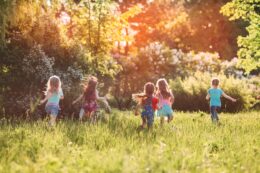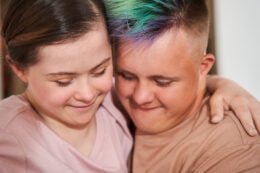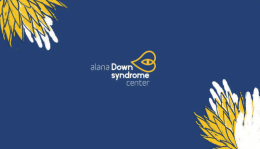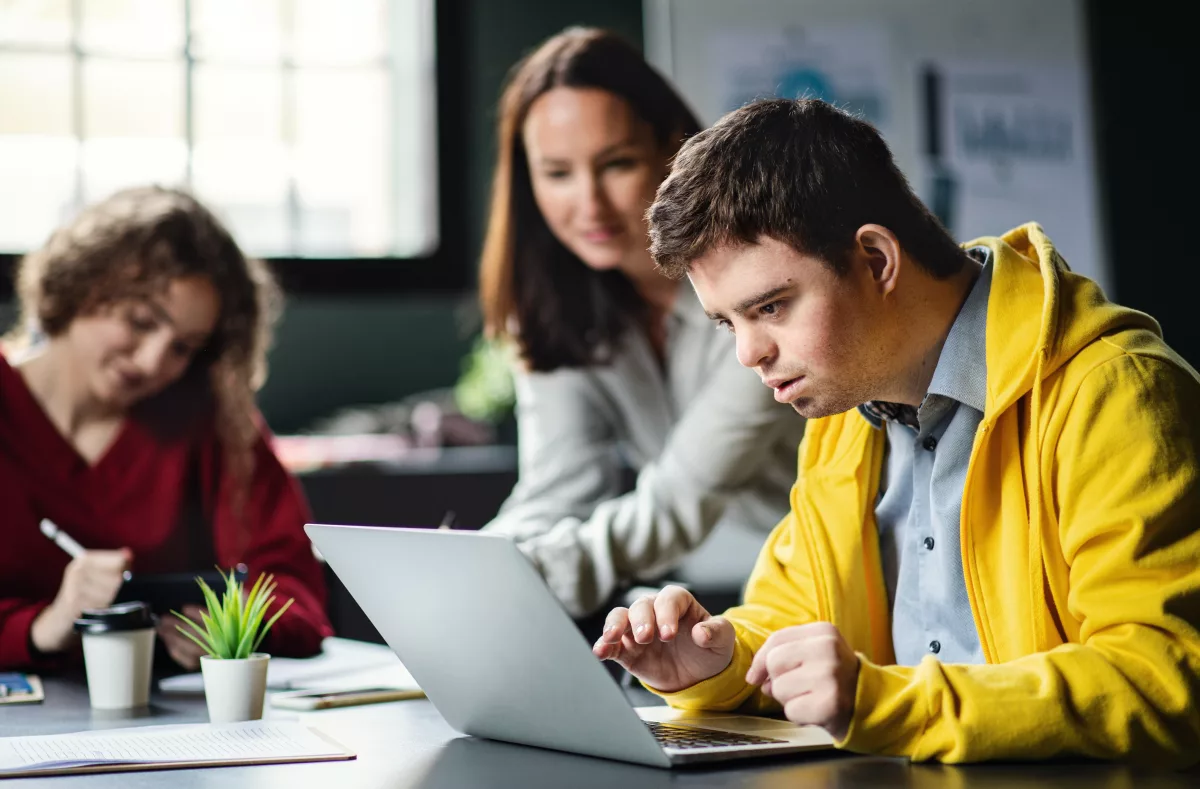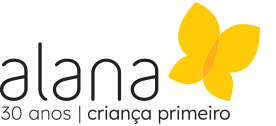The project promotes plant cultivation in urban or rural spaces and brings children closer to nature, so they can become agents of transformation for a sustainable world.
At a time when it is still necessary to raise awareness among adults about the importance of respecting nature, Alana Institute and Gisele Bündchen launched, on February 27, the TiNis – Children’s Land project, which seeks to strengthen and stimulate the child’s contact and emotional bond with nature by creating a green space to play, learn, and experience. Through the cultivation of plants in small spaces, called TiNis — which require at least three plant pots or half a square meter of garden bed — the project invites children, through new habits and practices, to develop empathy for all forms of life, becoming agents of transformation for a sustainable world.
This contact with nature is designed for all children: from the countryside to the city, inside and outside their homes, in schools and communities, accompanied by family and caregivers. In their TiNis, children plant in various ways, including from different seeds, and learn more about species, germination, the plant cycle, and care. In addition, children can enjoy social activities, such as spending more time with grandparents and exchanging information about plants, learning more about fauna, creating shelters for insects, or using their creativity through games with seeds and plants and the decoration of their TiNis.
To expand this initiative, Gisele Bündchen, in partnership with the production company Maria Farinha Filmes, is preparing an Instagram series with eleven episodes, in which, along with her children and other families, they will record their inspiring journeys in creating TiNis at home. In addition, the book TiNis – Children’s Land will also be launched, also in an “audiobook” format, available for free on the project’s website — including for download — telling the story of a secret that is also an invitation to the adventure of imagining, feeling, and creating a TiNi. “Everyone deserves to dream, to feel the experience, and to listen to stories. We can only manifest what we can imagine. With the power of imagination, we create and recreate stories and, in this way, we help build our reality,” writes Gisele Bündchen in the book’s preface.
Alana Institute, in partnership with the Child and Nature Program, has also developed the Guide for Young TiNi Creators, a material where children will have the opportunity to practice observation, learn, and record the transformation and events of their TiNis. The guide provides tips on how to create and cultivate plants, as well as activities that stimulate children’s play. The program also recently prepared, in partnership with the Brazilian Society of Pediatrics, a guidance manual addressing the benefits of nature in child and adolescent development, as this contact improves all the most important milestones of a healthy childhood — immunity, memory, sleep, learning capacity, sociability, and physical ability.
TiNis is a project created by Asociación ANIA, which originated in Peru and is already present in countries such as Ecuador, Bolivia, Costa Rica, Indonesia, and Japan. The initiative was inspired by Peruvian Joaquín Leguía, who, after spending his childhood in his grandmother’s garden always accompanied by his brother, understood that this experience could transform young people and the world. “As I grew older, I realized the degradation and destruction that occurs today on our planet, and that technology and money are not enough to solve these issues. Why? Because all our actions are linked to our values, which are formed in us during childhood, until around 12 years old,” says Leguía.

